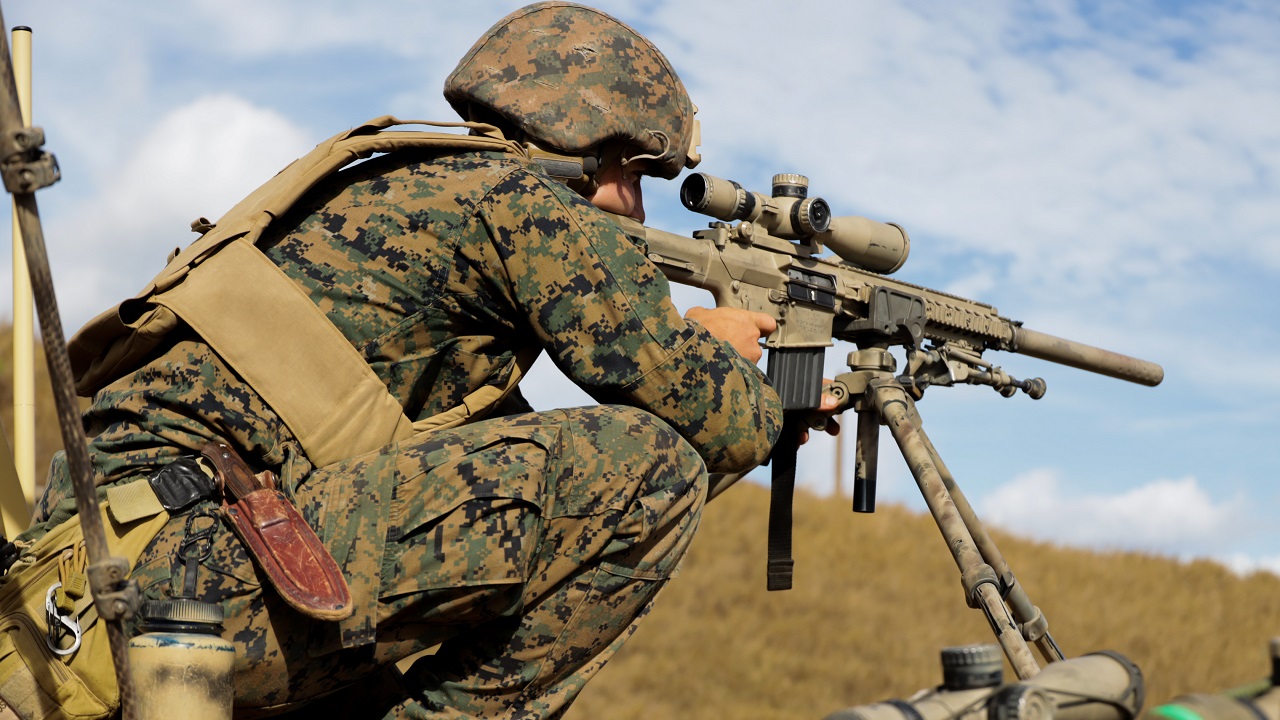Months back, the amphibian pundit CDR Salamander had some tart words for Joint Chiefs chairman Mark Milley. General Milley recently held forth on the Ukraine war, maintaining that “a big lesson learned” from the Russian invasion is “the incredible consumption rates of conventional munitions” even in a limited regional conflagration. A war in Korea or the Taiwan Strait would consume far more.
A major war means a major expenditure of ordnance. Who’d’ve thought?
Sal traces this “gobsmacking” statement from America’s top-ranking uniformed military officer to faulty wargaming, and there’s doubtless truth to that. Any system of logic is founded on assumptions that can be neither proved nor disproved within the system. They’re taken as self-evident, much like the “givens” from which students try to work proofs in grade-school algebra or geometry.
Assumptions are powerful things. If they’re deeply flawed, a game based on them tends to produce results incongruent with reality. Garbage in, garbage out.
But I think it’s worth revisiting some larger candidate explanations for the Pentagon’s evident obtuseness toward the need to have a sizable armory of munitions on hand should a major regional war break out. One is philosophical. It comes from novelist Tom Wolfe, who wrote an amusing piece titled “The Great Relearning” in 1987. Wolfe recounted walking around San Francisco’s Haight-Ashbury district in 1968, while the Sixties were in full swing, complete with hippies propounding all manner of novel doctrines about politics, society, and life.
In fact, reported Wolfe, denizens of Haight-Ashbury had decided they had nothing to learn from millennia of human history and traditions. For them it was Year Zero, when the enlightened would shake off the dead hand of the past and build a brave new world from scratch. And they were serious! To the extent that they forwent such commonsense practices as basic hygiene. Modern San Francisco saw the reappearance of sicknesses not seen for decades or more. Deliberate forgetfulness will do that to you.
It turned out that oldtimers weren’t that benighted after all. Hippies had to undertake a Great Relearning, reacquainting themselves with the storehouse of knowledge passed down from generation to generation. Common sense—the highest form of wisdom for thinkers like Aristotle—had to make a comeback.
The U.S. military isn’t a bunch of smelly hippies, but it is undergoing a Great Relearning of its own. Its Year Zero was 1991-1992, when the Soviet Union folded up shop and Washington started casting about for a post-Cold War strategy. The nation and the armed forces convinced themselves that the end of military history was nigh, with the main adversary gone and no new one on the horizon. U.S. Navy leaders instructed the sea service to reinvent itself as a “fundamentally different naval service” that had little need to fight a peer enemy that—naval history having ended—would never appear on the high seas.
Until one did.
In short, the armed forces are relearning timeless verities such as: your magazines need to be full of ordnance in case a fight comes along; regenerating combat power demands a vibrant industrial base at home; logistics matters, and any competent foe will menace U.S. resupply routes; and, most elementally, there will always be a next challenger for regional or world supremacy. Welcome and enjoy an interregnum after a successful competition, but never kid yourself. The next big thing is coming sooner or later, so it’s better to stay in a competitive frame of mind rather than be compelled to rediscover old truths in the midst of a fresh struggle, when it might be too late.
But end-of-history thinking alone can’t account for America’s post-Cold War myopia. Armed services were undergoing a change from depending mainly on gunfire to depending mainly on missiles by the late Cold War. Unlike World War II, when industry could mass-produce untold quantities of low-tech armaments in short order, it takes time to manufacture high-tech precision arms, not to mention the heavy expense to purchase even a single round. Keeping the magazine full, in other words, is a different problem than in relatively low-tech ages of yore. That technological changeover, coupled with the perceived diminished need for military might, generated a vicious cycle in which budgeteers applied constant downward pressure on the inventory of weaponry needed to battle a peer antagonist. The post-9/11 brushfire wars only distorted U.S. martial priorities further.
Confucius had his Great Learning; the Sixties generation suffered through its Great Relearning. From now on let’s take our martial philosophy more from ancient China than 1960s San Francisco.
Dr. James Holmes is J. C. Wylie Chair of Maritime Strategy at the U.S. Naval War College and a Nonresident Fellow at the Brute Krulak Center for Innovation and Future Warfare, Marine Corps University. The views voiced here are his alone.
From 19FortyFive
A Russian Submarine Accidently ‘Destroyed Itself’
Total Massacre’: Ukraine Footage Shows Russian Cruise Missile Shipment Attacked

